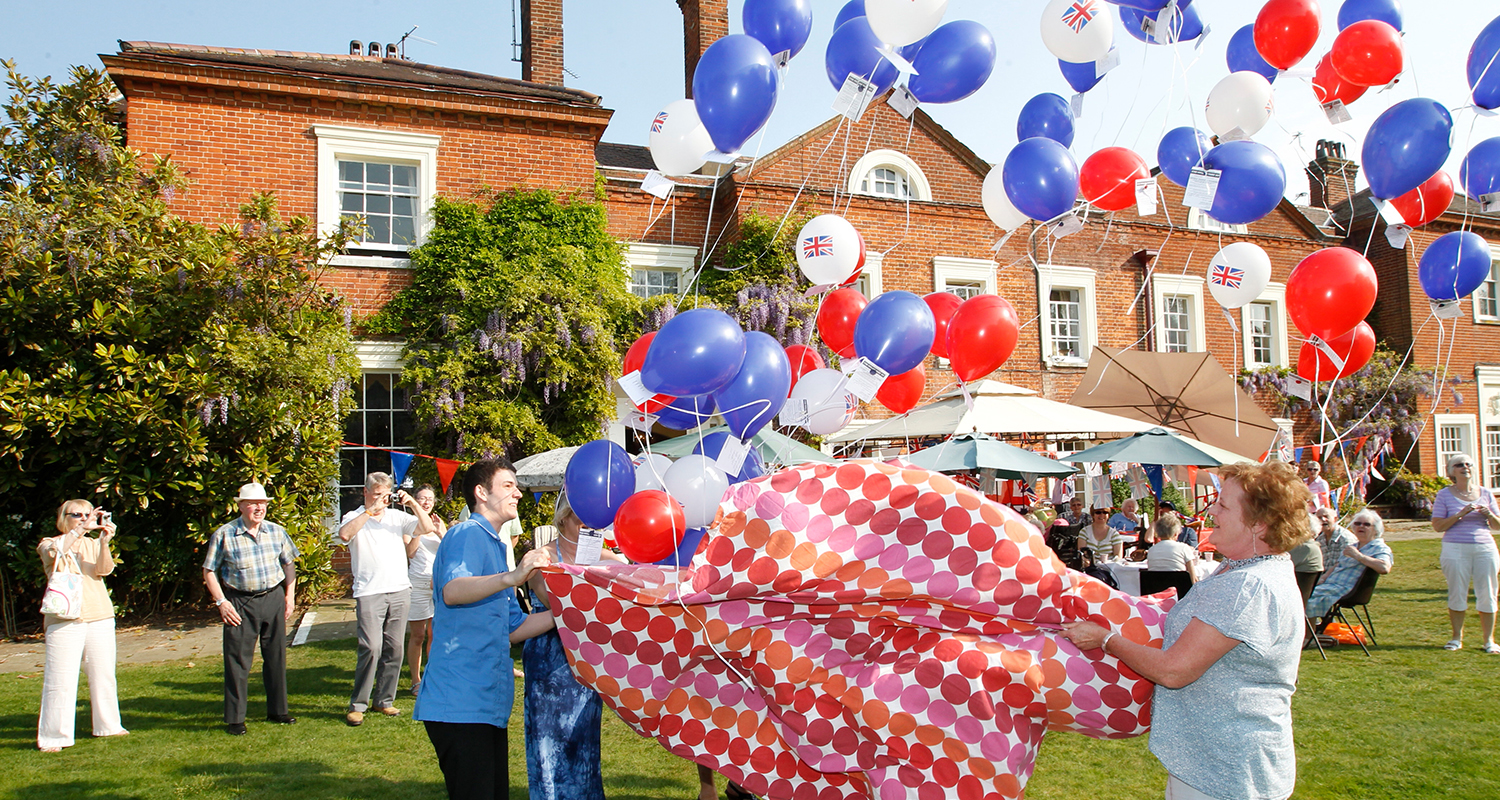
Read the latest news and home updates
Stay informed with our latest news and updates on our care home group.
Read the latest news and home updates
Stay informed with our latest news and updates on our care home group.

Stay informed with our newsletter
Get the latest news and updates from Heritage.


































































